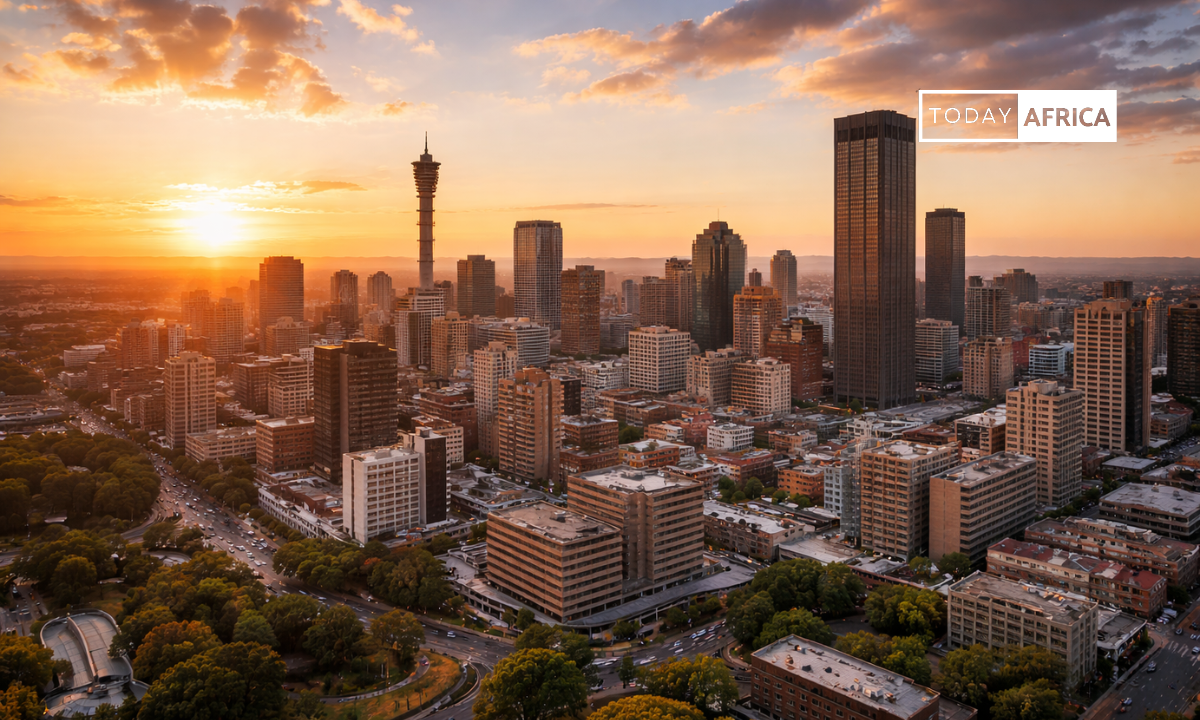Nigeria new national ID gets cold reception from Nigerians who sees it as an avenue to loot public funds without achieving anything.
The Nigerian government has revealed its plans to roll out a fresh, multipurpose national identification system, one proposed to come with payment integrations and social service delivery functions.
In an X post on April 6th, the National Identity Management Commission (NIMC) disclosed the news with a statement signed by Kayode Adegoke, the body’s corporate communication lead.
Per the official statement, the ID will be powered by AfriGo, a national card scheme created by the country’s apex bank (CBN) to perform domestic transactions such as existing debit cards and the like. The Nigerian Interbank Settlement System (NIBSS) is teaming with the NIMC and the central bank for the initiative.
See Also: Microsoft Faces Legal Battle in South Africa
It is the umpteenth time Nigerians are being introduced to a system of identification. Since the late 2000s, citizens have been subject to various forms of the same, including national ID cards, bank verification numbers (BVN), and national identification numbers (NIN), each of which has stirred controversy.
Under the newly proposed scheme, Nigerians are getting a bank-enabled national ID, a social intervention card, and an optional ECOWAS National Biometric Identity Card, as disclosed by the Technical Adviser, Media, and Communications to the Director-General of NIMC, Ayodele Babalola.
From the looks of reactions, particularly on social media, the plan is not going down well with Nigerians, most of whom have already been profiled under the country’s existing identification schemes. To some, the system is becoming too complicated and redundant to keep up with due to the hassles that come with it.
Reactions of Nigerians
“The most interesting thing about all things is that it is never in the masses’ favor but an avenue to loot and create an unnecessary inconvenience for the masses. From NATIONAL ID CARD, BVN, NIN, and now, A new National ID CARD,” @Akewusolaf commented.
In another opinion, @MikaelCBernard says, “This is unnecessary. A simple plastic ID with a QR code to verify is enough. You’re not a fintech, leave credit card issuing alone”.

In 2021 and 2022, the government allocated over N50 billion (≈$38 million) to NIMC to procure “state-of-the-art” equipment for NIN registration. Regardless of the funding, Nigerians endured to meet the registration deadlines and link their identification numbers with their SIM cards. The country’s telecoms watchdog has at some point blocked un-linked phone lines.
Idris Abubakar, a Nigerian tech journalist points to more than 14 years of the government’s attempt at the same idea.
“They have failed each time. Under a new Minister of Interior, an individual with a controversial track record, it’s clear that the NIMC will push ahead with the same idea. Contracts will go out, but no work will be done,” he said.
The Minister of Communication and Digital Economy, Isa Pantami, has come under fire due to the NIN’s ineffectiveness when it comes to addressing rising insurgency and kidnapping. There is no indication how the new system will make up for the former’s shortcomings.
The 2024 Digital Identity Fraud in Africa Report by Africa’s leading identity verification startup, Smile ID, revealed that the Nigerian National Identity document is one of the most vulnerable in the continent, coming in 9th place overall.
















